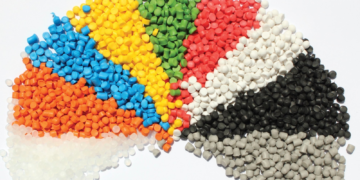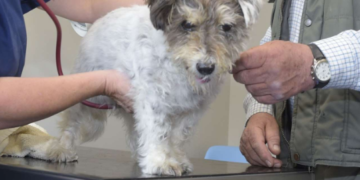“JN.1, a variant closely related to BA.2.86, is rapidly becoming the dominant strain in the United States. Recent estimates by the Centers for Disease Control and Prevention indicate that more than 20% of new COVID-19 cases can be attributed to JN.1.
During an event on Tuesday, CDC Director Mandy Cohen highlighted the ongoing evolution of the COVID virus. She pointed out a significant change observed back in August, which has led to the emergence of variants like BA.2.86 and its recent offshoots.
Initially, BA.2.86, nicknamed ‘pirola,’ drew attention due to its numerous mutations, prompting alerts from organizations like the CDC and the World Health Organization.
However, the latest observations suggest that JN.1 might pose a more significant challenge now.”
What Is Known About JN.1?
JN.1 is very similar to pirola.
JN.1 is quite similar to the pirola variant, BA.2.86. Despite their different names, the CDC notes only a single difference in the spike protein between JN.1 and BA.2.86.
This new strain was first identified in the U.S. around September and has been steadily increasing, now accounting for roughly 15% to 29% of new infections, according to CDC data. Experts anticipate its prevalence to continue rising.
Fortunately, current COVID-19 tests and treatments are expected to remain effective against JN.1. While it doesn’t seem to cause more severe illness at this point, it does seem to have some advantages over other strains, though specifics on these advantages are still being studied.
The CDC suggests that JN.1’s rapid spread could mean it’s either more contagious or adept at bypassing our immune defenses. However, they emphasize that there’s currently no evidence indicating that JN.1 poses a higher risk to public health compared to other variants circulating.
What Symptoms Does JN.1 Cause?
Regarding symptoms caused by JN.1, there isn’t specific information available yet. The CDC mentions that it’s uncertain whether JN.1 leads to different symptoms compared to other strains. Generally, COVID-19 symptoms tend to be alike regardless of the variant. The severity and types of symptoms are more influenced by an individual’s immunity and overall health rather than the specific variant causing the infection.
The updated COVID-19 vaccine is expected to provide protection against JN.1.
According to Cohen, the recent changes in the virus haven’t compromised the effectiveness of the updated vaccine. Lab studies suggest that the updated vaccine still offers strong coverage against these latest strains.
Dr. Peter Hotez, a vaccine expert, referred to JN.1 as a concerning strain due to its high transmissibility and ability to evade immunity. However, he also highlighted that the new annual immunization, introduced in September, should provide some level of cross-protection, potentially reducing the risk of severe illness and hospitalization.





























































